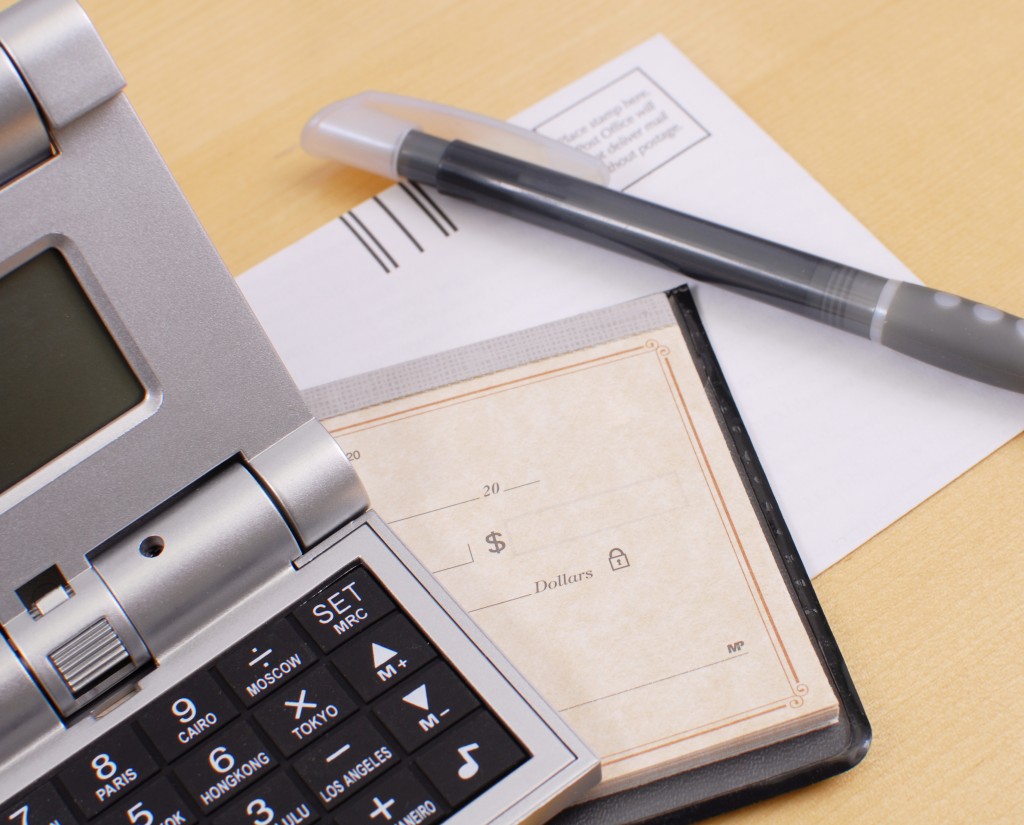The coronavirus pandemic has impacted many industries, including the legal sector. With mass layoffs, mandated testing, and pay cuts, the pandemic has changed the face of employment law. Divorce lawyers also noticed a spike in cases while the majority of the country is in lockdown. Courts and law firms even alter how they conduct business to observe social-distancing measures while handling various cases.
But there’s another legal matter that surfaces amid today’s crisis: a surge in lawsuits from debt collectors.
Debt Collectors Come Knocking
Debt collectors have become increasingly aggressive as almost everyone is at home to stay safe from the virus. They see stay-at-home orders as a golden opportunity to contact and occasionally harass debtors. Some of them even garnish cash from federal stimulus checks received by debtors. Many collectors have always been abusive, but today’s crisis has revealed they can do even more harm to vulnerable people.
It’s understandable why debt collectors come knocking. Consumer debt increased significantly in the past quarter as more Americans get retrenched or receive pay cuts. Since they are unemployed or deal with massive cuts on their monthly income, American consumers rely on credit cards to put food on the table or pay for utility bills or mortgage. But many companies like credit card firms and car lenders continue to seek profit, especially in a struggling economy. When a consumer fails to pay a bill after some time, these companies turn the account over to debt collectors, who only get paid when they recover delinquent debt.
Some civic leaders stepped in to address the issue. For instance, California Governor Gavin Newsom signed an executive order to block debt collectors from siphoning cash from stimulus checks. He also ordered the temporary postponement of student loan payments to give relief to many constituents. After all, in these trying times, people had enough to worry about.
But what should you do if there are no similar orders in your state? Or what if the temporary block has ended, and debt collectors come knocking again? Some lawyers and government agencies offer tips.

Deal with Debt Collectors Amid a Pandemic
The Fair Debt Collection Practices Act (FDCPA) states that debt collectors are prohibited from using unfair practices. With that in mind, here are some things you have to remember when dealing with them:
- Ask for details. If the collection company is legitimate, the debt collector won’t mind giving details, such as their name, company name, company address, etc.
- Request a debt validation letter. This letter should contain information about your debt, including other charges by the collection agency. Often, debt collection companies send this letter within five days from initial contact. Again, they won’t hesitate to grant this if they’re legitimate.
- Don’t admit the debt unless there’s a validation letter. Some debt collectors call or show up at your home for debts that are already paid, don’t belong to you, or have passed the statute of limitations. So before making a verbal commitment to settle the debt, ask for a validation letter.
- Never reveal financial information. During the initial contact, debt collectors might force you to pay by saying they have seen your credit report and found you have enough funds to settle. Don’t confirm nor acknowledge those details. Again, without a validation letter, you shouldn’t admit debts. Your initial contact with a collector should be short. Focus on asking the details of their company and requesting a validation letter—no matter how aggressive they act towards you.
- Dispute the debt if necessary. Once you receive the debt validation letter, see if there is any discrepancy. If you don’t owe anything or only owe some of the debt, don’t hesitate to dispute it. Send a formal letter to challenge the validity of the debt, along with supporting documents.
- Consider working with a credit counselor. This professional can advise you on debts, create a debt management plan, and help you identify ways to adjust your expenses to follow the plan. A credit counselor can also guide you if you think filing bankruptcy is a more viable option for you.
- Seek legal advice. If you are exhausted by incessant calls and home visits or think a debt collector violates the FDCPA, consider hiring a lawyer to take the necessary legal steps. You can use the violation to sue the collector or as a leverage when negotiating for debt settlement.
You might be worried about your family or business during this pandemic. You don’t need a call or home visit by a debt collector to add to your worries. So, the key to this situation is to stay calm. Debt collectors might come knocking, but as long as you know your rights, you can deal with them properly.

